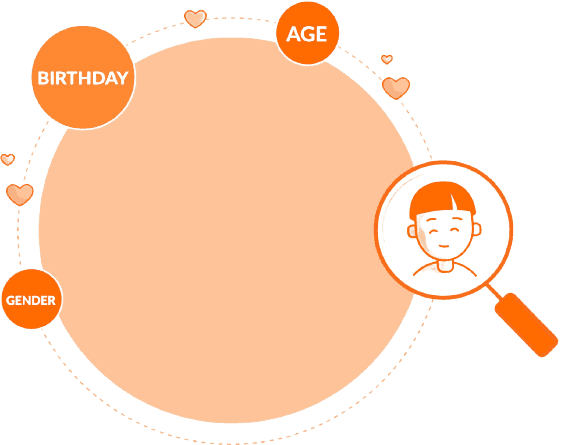Donate Food
Awook always ready to help get life-saving food to the children and families who need it the most.


You choose a Boy
Donate Food
As schools close for the summer and food and gas prices remain volatile, more families than ever risk living with food insecurity as they struggle to make up the difference.


You choose a Girl
How We Fight Hunger
Food
With proper nutrition early in life, children can grow, develop and thrive to their full potential.
Education
Children around the world are given the educational materials needed for success in the classroom with the help of corporate partners and educators.
Disaster Response
When we work with community partners, we support our neighbors and work together towards recovery.
Poverty
Poverty leads to hunger — but if we work together, we can create a world where no child goes to bed hungry.
Health & Water
Through our programs, we promote healthy immune systems and enable children to develop through adolescence and into adulthood.
Livelihoods
Through our Village Savings and Loan programs, we hope families will be self-reliant, financially stable and able to support and strengthen their communities.
Food Donation FAQs
Your Title Goes Here
Your content goes here. Edit or remove this text inline or in the module Content settings. You can also style every aspect of this content in the module Design settings and even apply custom CSS to this text in the module Advanced settings.
Where can I donate food?
There are many sites you can drop off donations, places like Monument Crisis Center, Food Bank of Contra Costa and Solano County and Loaves and Fishes are always open to donations. Some places may pick-up donations. Please call ahead to find out what items they’re accepting and if you have questions about pick-up.
Can I donate food past its expiration date?
Yes you can as long as the food still looks good enough to eat, it will be accepted.
What is Gleaning?
Gleaning is when a person or group picks or harvests excess fruits and vegetables from local gardens and farms, and donates it to help those in need.
I am a restaurant owner and I want to donate left-overs that are still good, but I am afraid I will be sued.
The Good Samaritan Food Donation Act protects potential food donners from being prosecuted or sued for potentially hazardous food donations. As long as there was no gross negligence or intentional misconduct the donner is not liable for any damages.
Your Title Goes Here
Your content goes here. Edit or remove this text inline or in the module Content settings. You can also style every aspect of this content in the module Design settings and even apply custom CSS to this text in the module Advanced settings.
I have fruits/vegetables that I am not harvesting. Who can I ask to come and take the excess food?
To have someone come and glean your excess fruits and vegetables, you can go to the Urban Farmers website and register your tree.
Why is it better to compost? Won’t the food still produce methane gas?
No, food that is properly composted goes through aerobic decomposition, meaning that the fruit and vegetables are getting oxygen during decomposition. This produces Carbon Dioxide gas which is 72% less harmful than Methane gas. Food that is in a landfill gets buried and cannot get oxygen which forces it to go through anaerobic decomposition which produces Methane gas.
What food can be composted?
Foods like fruit and vegetable scraps, coffee grounds, tea bags, eggs and eggshell, baked goods such as cake, bread, cookies etc., are all compostable. It is not recommended to compost meat, fish or cooked foods as they might attract unwanted pests.
What are the differences between a food bank, food pantry, and soup kitchen?
A food bank solicits, stores, and distributes large donations of food, donations that a single food pantry could not accept because of a lack of storage capacity at their facility. Food banks feed the needs of hungry people by distributing the donations they receive to a large number of member agencies, such as food pantries, soup kitchens, meal programs, drug treatment centers, and senior care centers.
A food pantry provides three-day food packages to families that have a place to live, but not enough food. These packages are designed to provide nutritionally balanced meals.
Soup kitchens serve individuals in need of a hot meal, the only meal of the day for many of them. Most soup kitchens serve a full, balanced meal, and some prepare and deliver meals to the homebound, as well.
